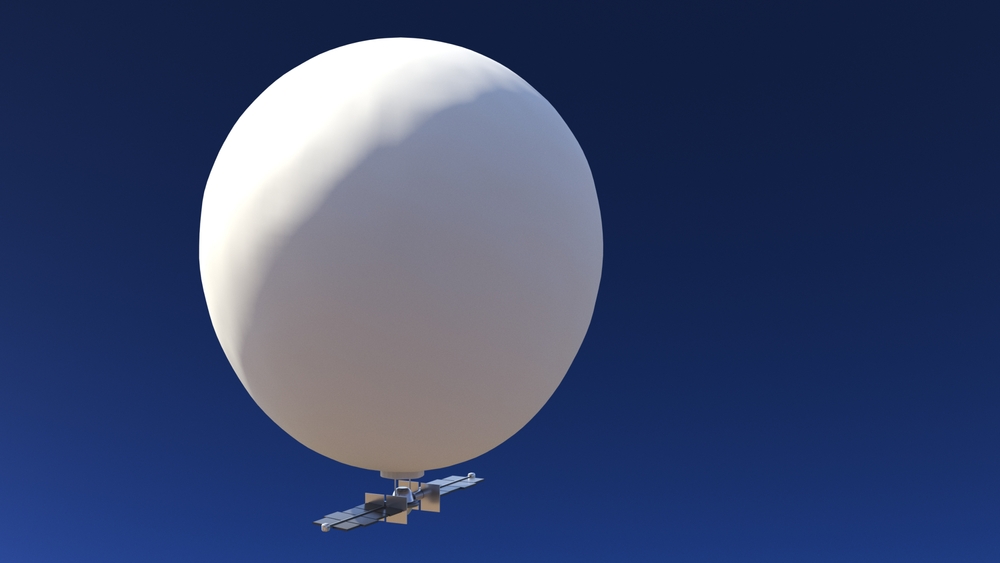Others are reading now
Taiwan’s Ministry of Defense announced the entry of suspected Chinese weather balloons into its airspace, raising concerns amid ongoing regional tensions. On Tuesday, four balloons were reported to have approached the island, with three crossing over Taiwan. This incident follows the detection of two balloons crossing the Taiwan Strait’s median line the previous night, with one entering Taiwanese national airspace.
Since early December, a total of nine such incidents have been reported by Taiwan’s Defense Ministry. The balloons, believed to be used for meteorological purposes, floated towards the Pacific and disappeared after several hours. Taiwan’s military spokesperson, Sun Li-fang, stated that the balloons don’t appear to be connected to the island’s upcoming national elections, but the military remains vigilant.
Despite assessments suggesting the balloons’ primary role is not espionage, their presence raises questions about potential secondary objectives, such as collecting communication and radar data. Jeremy Hung, a researcher at the Taiwanese think tank Institute for National Defense and Security Research, raised this possibility.
Also read
China’s Defense Ministry has not yet responded to requests for comment. The recent balloon incidents add to the ongoing military activities observed across the Taiwan Strait since 2020, including increased crossings by Chinese warplanes and warships.
The situation is sensitive as Taiwan approaches its legislative and presidential elections on January 13. The elections are contested between the Democratic Progressive Party, currently in power, and the Kuomintang, which has maintained friendlier ties with China in recent years.
These developments follow last year’s incident where a Chinese balloon, allegedly carrying intelligence-gathering equipment, flew over the United States. The U.S. military shot it down off the South Carolina coast, further straining U.S.-China relations.


